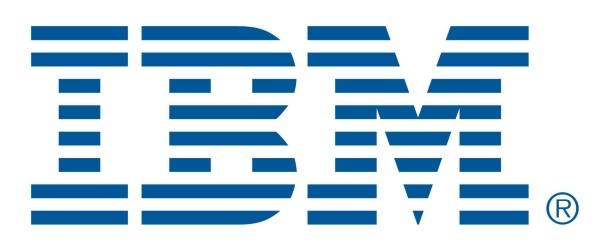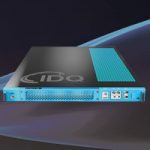IBM Doubles Down on 1000+ Qubit Quantum in 2023

(InsideHPC) At IBM’s annual Think conference, Jamie Thomas, IBM GM of systems strategy and development for enterprise security, said the company is on track with its quantum roadmap – though she did not sugarcoat the challenges involved. She reiterated the company’s intent to deliver a 1,121-qubit IBM Quantum Condor processor by 2023.
“In terms of the roadmap around hardware, we put ourselves out there,” said Thomas. “We said we were going to get to over a 1000 qubit machine and in 2023. So that’s our milestone, and we’ve got a number of steps we’ve outlined along that way.”
Key to this is Qiskit, announced this week, IBM runtime software designed to boost quantum circuit processing speed by 120x, according to IBM. Qiskit Runtime is containerized and hosted in the hybrid cloud, instead of running most of its code on the user’s computer. IBM is releasing Qiskit as an open-source framework for for the quantum developer community, part of the company’s effort to nurture an IBM quantum ecosystem – which also explains IBM making its quantum prototypes accessible to early experimenters.
“The ecosystem here for quantum is infinitely important,” she said. “We started, day one, on this journey with free access to our systems for that reason, because we wanted to create easy entry for anyone that really wanted to participate in this quantum journey. And I can tell you, it really fascinates everyone, from high school students, students, to college students, for those that are PhDs. But during this journey, we have reached over 300,000 unique users, we have now over 500,000, unique downloads of our Qiskit programming model.”
Thomas said that to date, IBM has deployed more than 20 machines, adding that the number regularly changes as new systems are launched and old ones are retired – a reflection of quantum’s current state of rapid evolution.
“We never quite identify the precise number because frankly, as we put up a new generation machine, we often retire one that’s older,” she said. “So we’re constantly updating them out there, and every machine that comes online and in the cloud represents a sea change in hardware and a sea change in software.”
As to the expectation that quantum will serve as a role player, taking on specialized workloads, complementing HPC clusters, Thomas said the Red Hat OpenShift Kubernetes container platform will play an important part, managing hybrid cloud and multicloud operations.



















